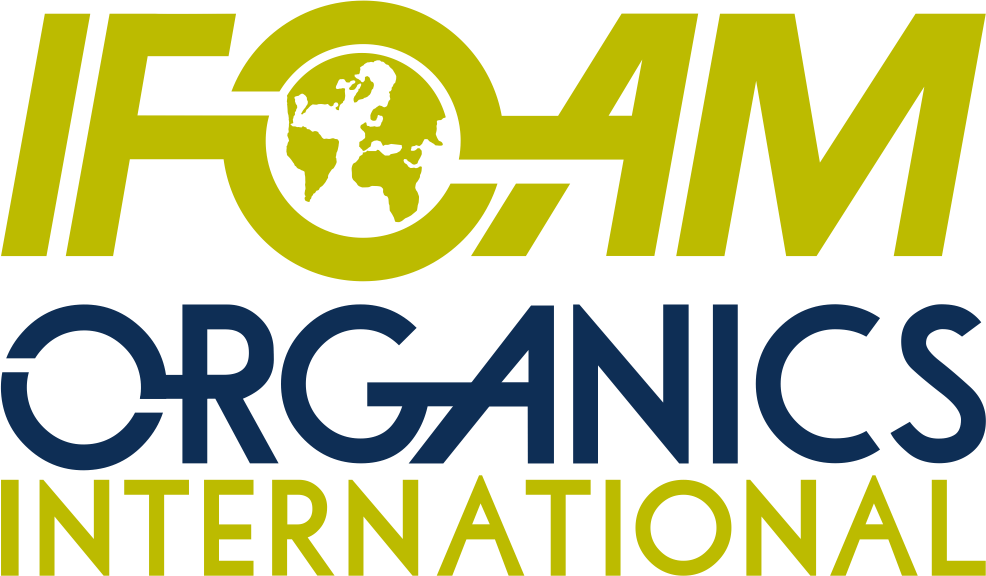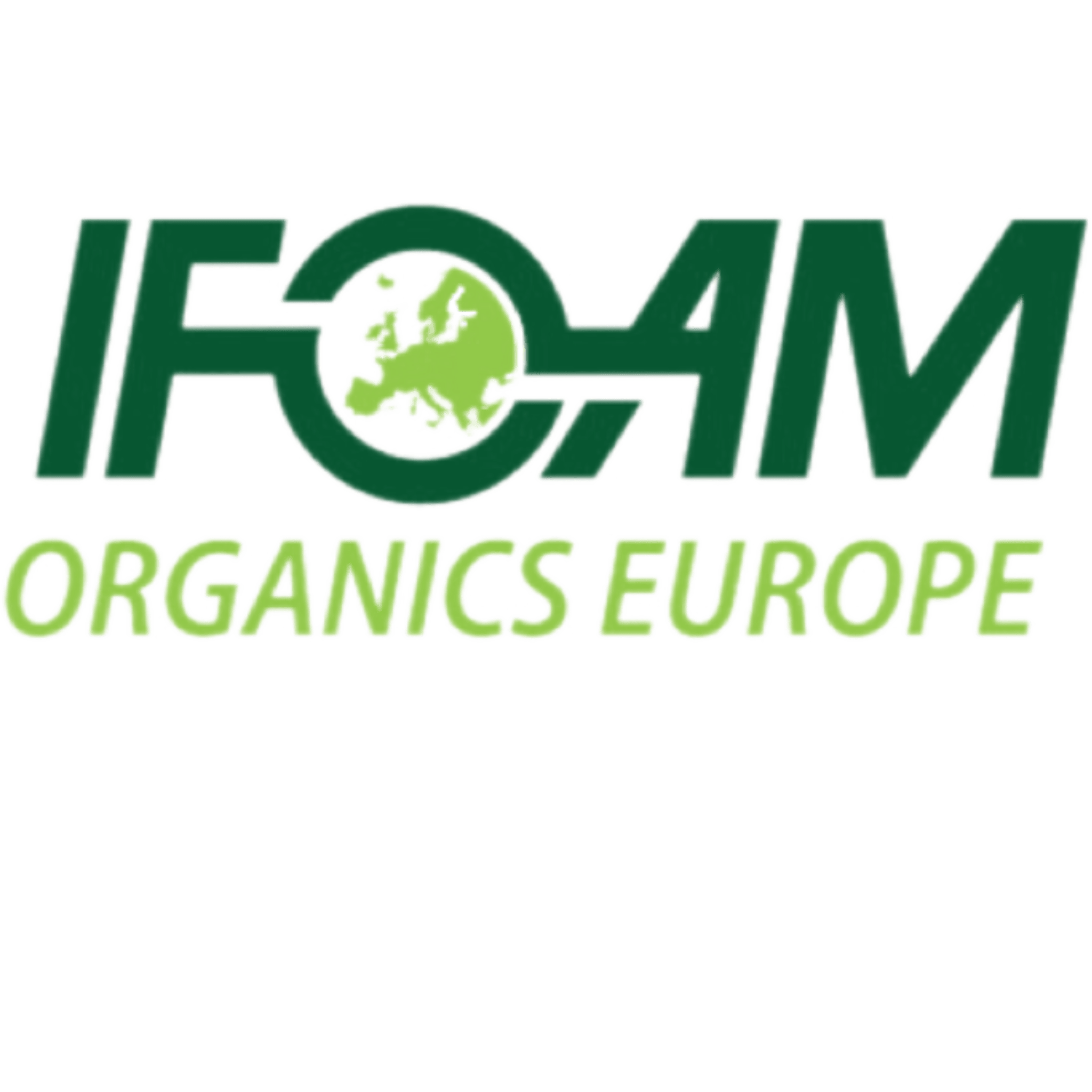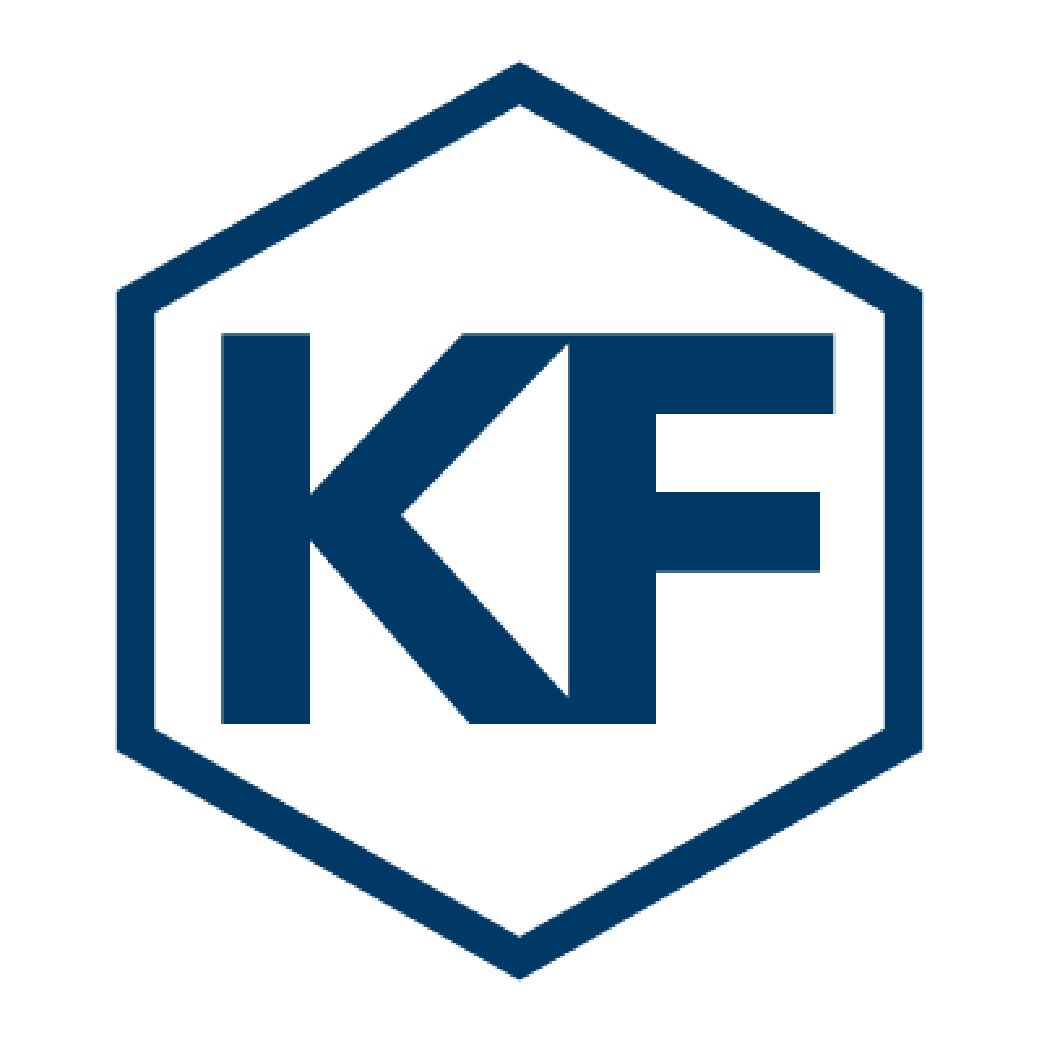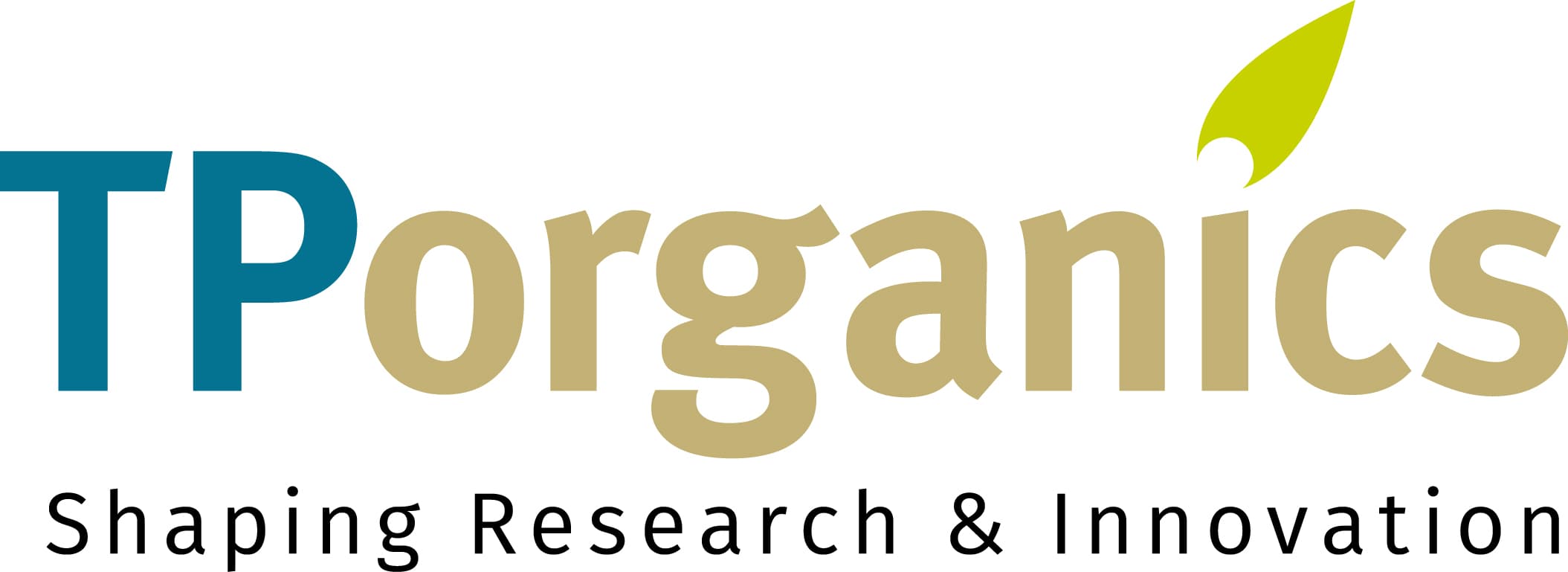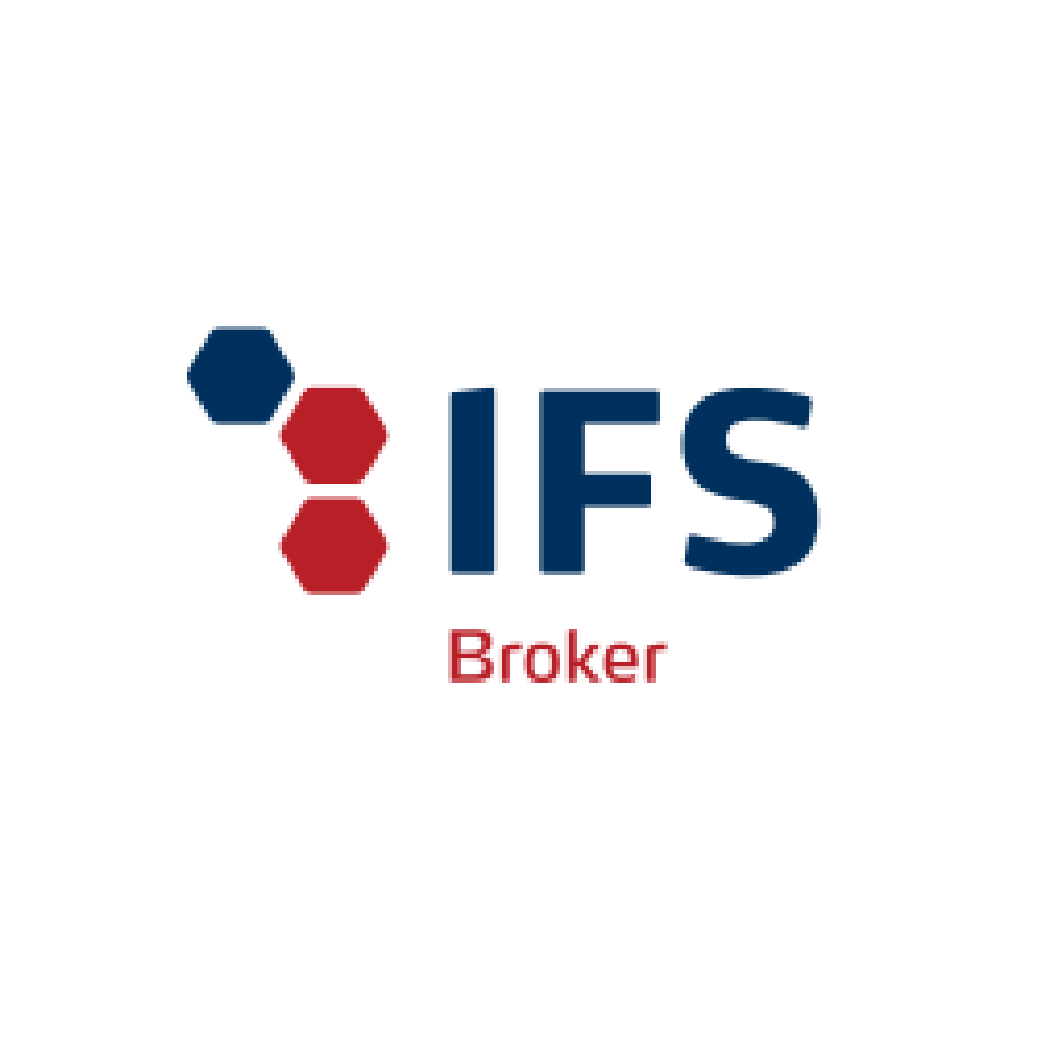NGTs in Europe: A Turning Point for Organic Farming? - Copy

At AGRIWELL, we prioritize sustainability, transparency, and maintaining the integrity of organic farming practices. Recently, significant developments occurred regarding the EU's proposed regulation of New Genomic Techniques (NGTs), highlighting the potential impacts on Europe's organic agriculture sector.
What are NGTs?
NGTs are modern genetic engineering methods allowing precise and rapid modification of genes in plants, animals, or microorganisms. Techniques such as CRISPR enable targeted genetic changes, potentially improving crop resilience and productivity. However, concerns persist regarding safety, environmental impacts, and market transparency.
Updated EU Council Position (March 2025)
As of March 2025, the EU Council has adopted a negotiating position that categorizes NGT plants into two groups:
- Category 1: Plants genetically similar to naturally occurring varieties, exempted from traditional GMO regulations but requiring seed labeling.
- Category 2: Plants significantly modified genetically, regulated under current GMO laws, including rigorous risk assessments, authorization requirements, and clear labeling.
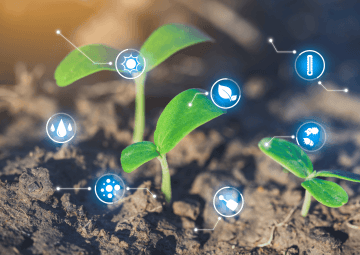
Major Implications for Organic Farming
The Council explicitly prohibits the use of NGT plants in organic farming. Despite this clear prohibition, organic stakeholders remain concerned about:
- Risk of Contamination: Insufficient coexistence measures might lead to accidental contamination of organic crops by NGT varieties, undermining organic integrity and consumer trust.
- Patent Risks: The transparency requirements regarding patent disclosures might not fully protect breeders and farmers from patent-related limitations.
- Traceability Gaps: A robust, mandatory traceability system is still missing, raising concerns about maintaining transparency and consumer choice in the market.
Organizations like IFOAM Organics Europe emphasize that existing measures are inadequate, calling for stronger safeguards for organic producers.
Current Negotiations and Next Steps
Trilogue negotiations between the European Parliament, Council, and Commission are ongoing, aiming to finalize the regulation. AGRIWELL views these discussions as a critical opportunity to strengthen protections for the organic sector, ensure freedom of choice for consumers, and preserve trust in organic agriculture.
AGRIWELL's Stand
AGRIWELL actively advocates for comprehensive regulations, clear transparency, and sustainability in agriculture. We will continue closely monitoring and engaging in discussions to safeguard the integrity and future growth of organic farming.
Sources:
- IFOAM Organics Europe: [Council Position on NGT Proposal] (March 2025)
- Council of the EU Press Release: [Council agrees negotiating mandate] (March 2025)


